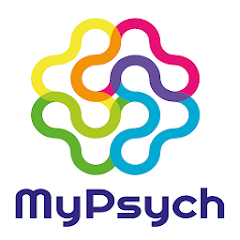Depression is a common mental illness characterised by low mood which falls outwith the normal and appropriate lowering of mood secondary to negative life events and challenges.

Depression is a common mental illness characterised by low mood which falls outwith the normal and appropriate lowering of mood secondary to negative life events and challenges.
For diagnosis to be made, an individual will have experienced symptoms nearly every day for at least 2 weeks.
The individual’s functioning is significantly impaired, or they are able to function only with significant effort.
Symptoms fall into three categories according to ICD 11 categorisation:
1. Affective symptoms - low mood/irritability (in children), anhedonia (markedly diminished interest or pleasure in activities)
2. Cognitive - impaired concentration/decision making, negative self-perception (low self-esteem or guilt), hopelessness for the future, thoughts of death/suicide
3. Neuro-vegetative – disrupted sleep, change in appetite/weight, psychomotor agitation/retardation, reduced energy levels
History taking and mental state examination should be completed alongside physical examination and investigations guided by the clinical picture.
Non-psychiatric causes should always be considered e.g. delirium often involves changes in mood, and there are a number of biochemical abnormalities which can result in low mood (TFTs, Calcium, B12/folate, anaemia, kidney disease etc.).
Also think - is there another psychiatric diagnosis which fits better?
Remember also to always consider risk!
Asking about suicidal thoughts/plans does not increase the likelihood of patients completing suicide – and not asking means that a safe management plan cannot be achieved. See risk assessment section for more details.
NICE guidance - Depression in adults: treatment and management
NICE Depression In Adults: Discussing First Line Treatments For Less Severe Depression
NICE Depression In Adults Discussing First Line Treatments For More Severe Depression
NICE Depression In Adults Further Line Treatment
NICE Depression In Adults Preventing Relapse
ICD-11 information on depressive disorders
Royal College of Psychiatrists information leaflet: Depression in Adults